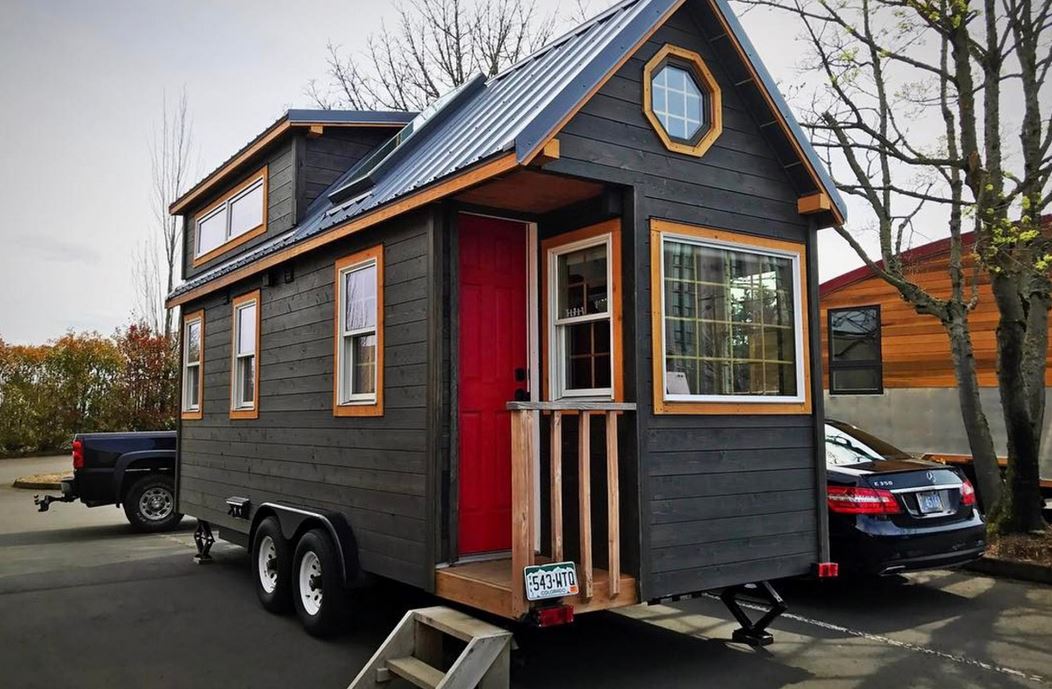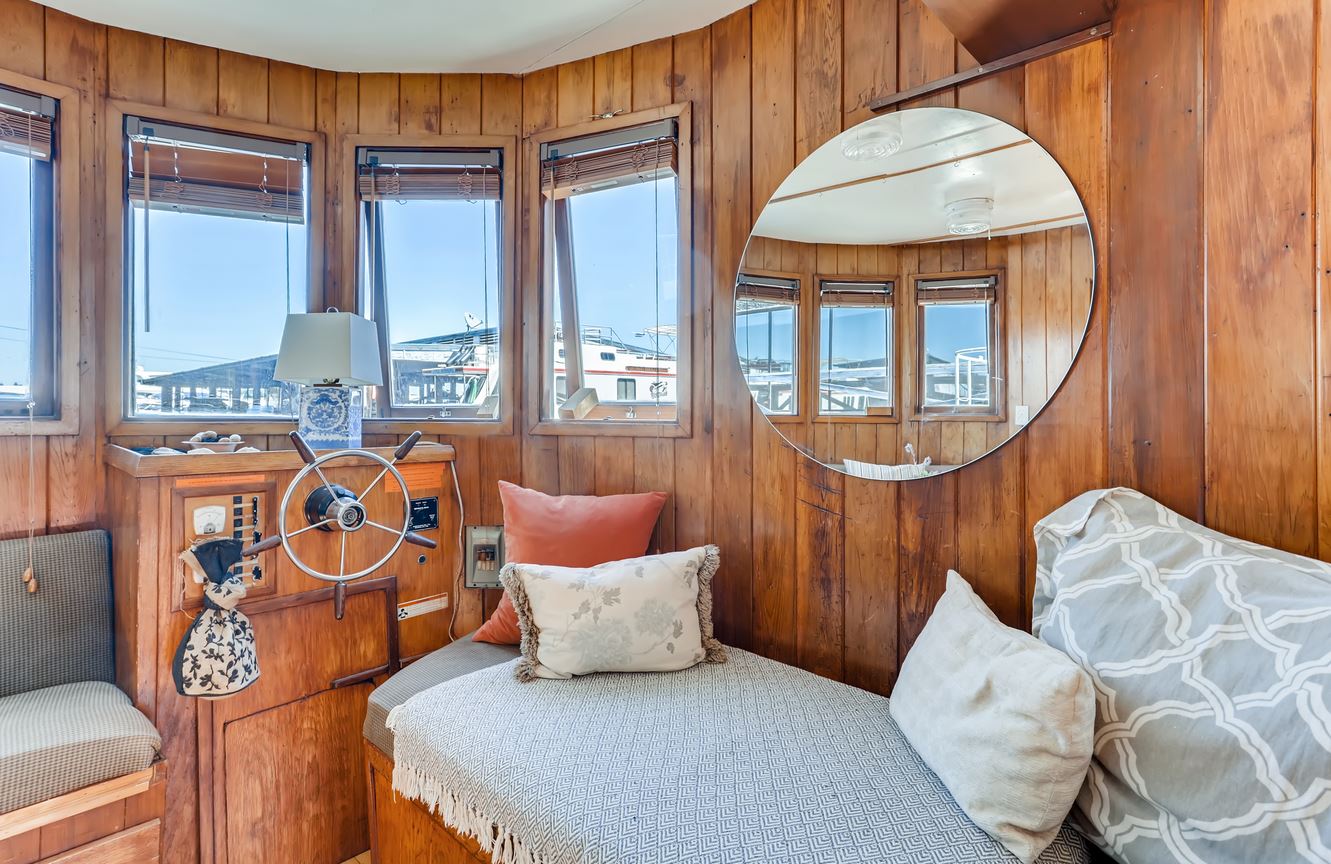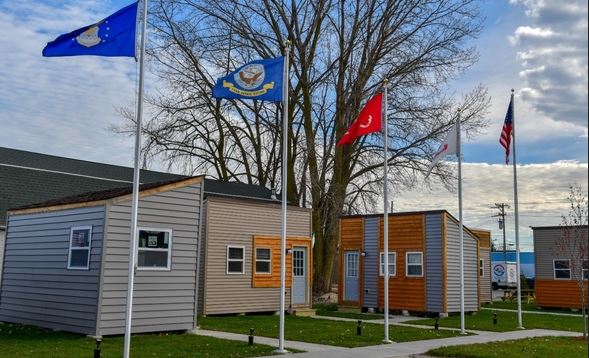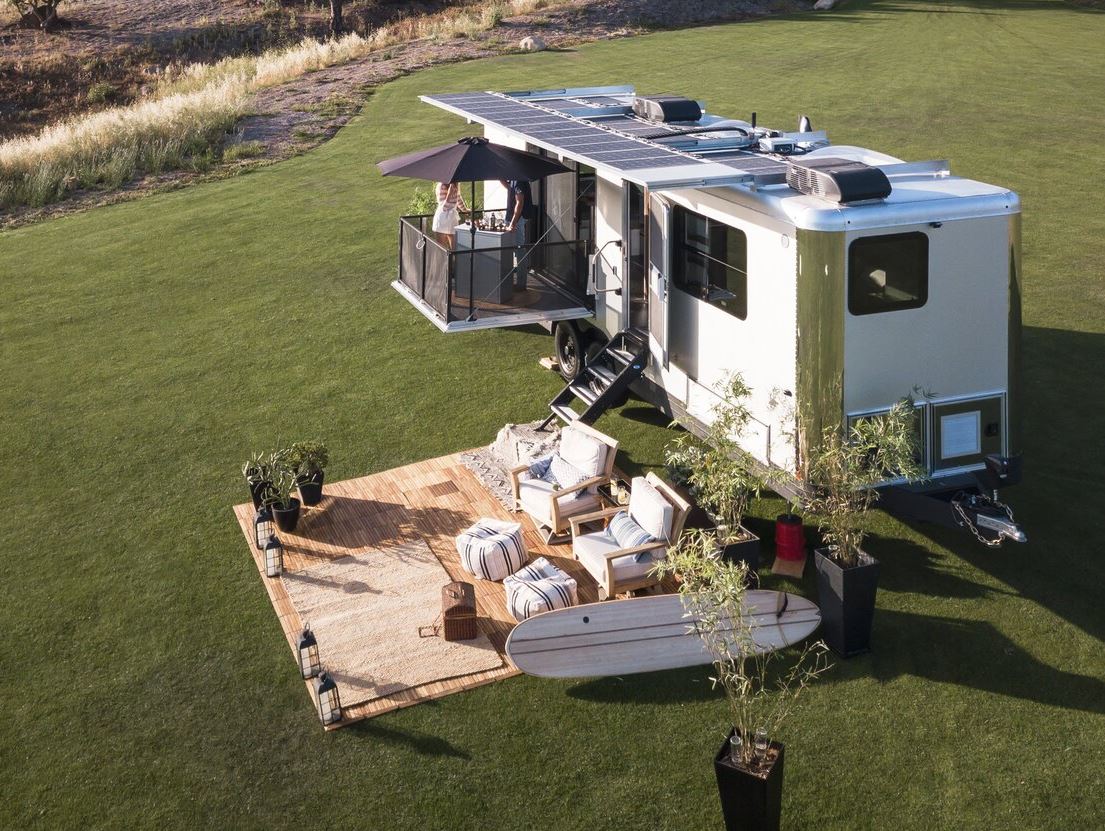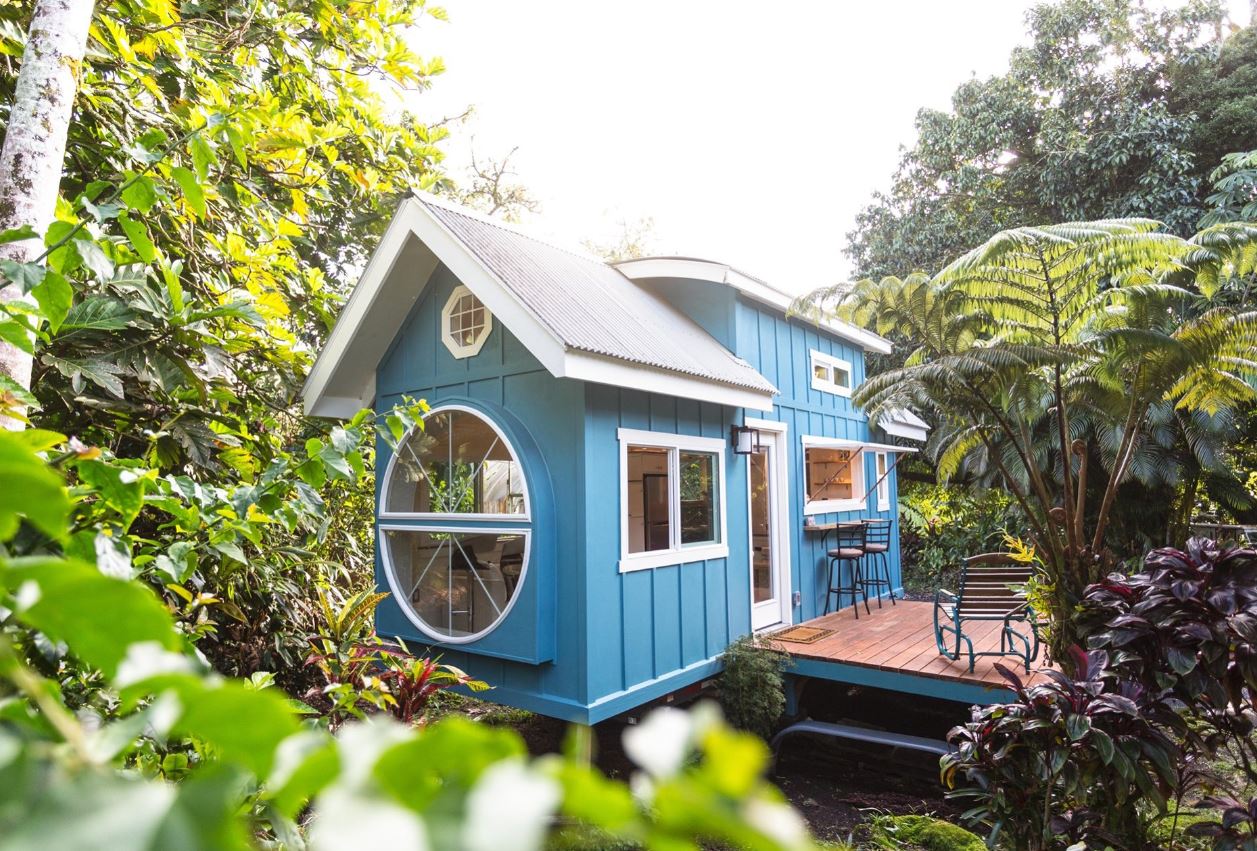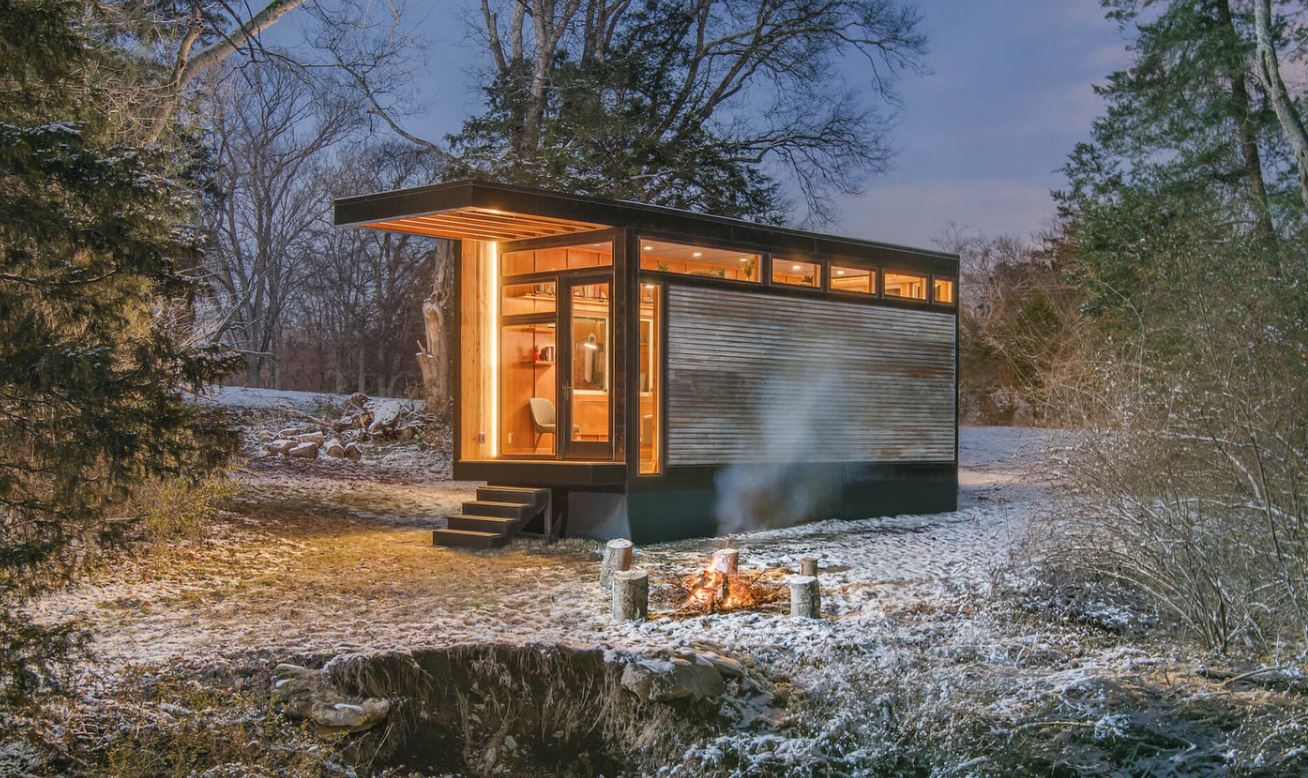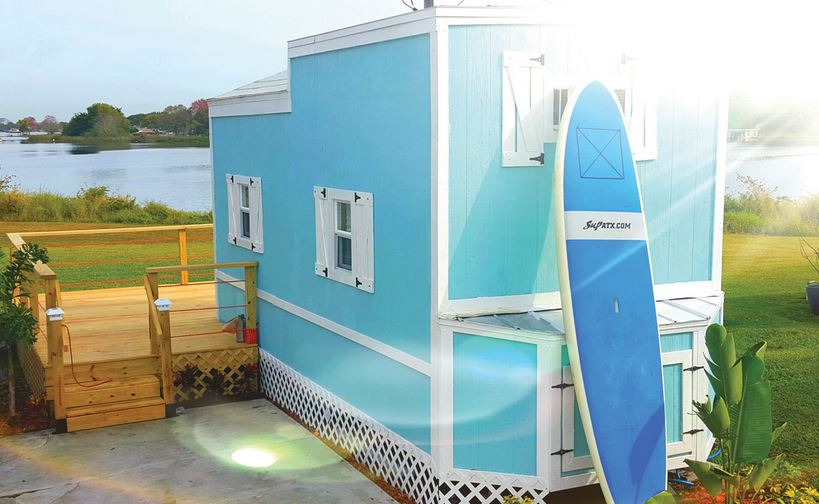Here are some of the places you can park your tiny house on wheels
Recreational vehicles parks
Most tiny houses on wheels are considered recreational vehicles in most cities in the United States. Possessing a certification from the Recreational vehicle industry association enables you to park your tiny house almost anywhere. However, there are limitations on the amount of time your RV can remain on a single spot.
Consult local laws and regulations to find out where you stand.
Tiny house friendly cities and States
Some states and cities have adopted and are in full support of the idea of tiny houses. These states have legalized tiny houses in most forms, including on wheels. Example tiny living-friendly states are: California, Oregon, North Carolina, and Texas.
These states have the following similarities regarding tiny houses
* They permit recreational vehicles with square footage below 500 square feet. This is including RVs within this size range.
* There are plenty of resources that offer support to people who opt to live in tiny houses.
* They have a high number of tiny house communities residing there. Hence there are already developed norms on how and where to park them.
* These states have welcomed tiny houses and have even advertised on their websites their positive attitude towards the idea of tiny houses.
Read: This Tiny House Can Be Placed on Roofs of City Buildings
Tiny House Hosting
A group of dedicated tiny homeowners have come together and started Facebook groups, such as “tiny house hosting”. Such online social communities connect tiny homeowners with landowners whore are ready and willing to rent out their space. Anyone with a tiny house on wheels should make such communities their first source of information. Being on the move often means you will need strangers’ advice more than a few times.
Overnight Parking lots
Several States allow overnight parking at rest stops and some malls which operate for 24 hours. There are tiny house network websites that offer information about parking places which may be either private or public. These places are shown on interactive maps and may help a tiny house owner to decide where to part the house.
For short-term stays, parking lots are the easiest alternatives for people with tiny homes on wheels.
Wherever you choose to park, always be aware of the zoning laws.
“Zoning Laws” are a set of rules that govern what kinds of physical structures can be raised in what locations. It’s important to understand the local regulations when you’re parking your tiny house because the regulations of one region may not be similar to those of another region.
RVIA certified tiny houses can legally travel as recreational vehicles and there is more flexibility on where they can be packed. It is recommended that the local zoning department be contacted to find out about where you can park your tiny house.
Read: What You Need To Know About Living in a Tiny Apartment






